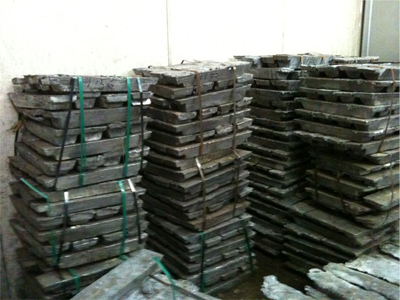
Lead is a heavy, malleable, and high-density metal widely used in the automotive industry, battery manufacturing, construction, and fishing. In Venezuela, lead scrap and lead ingots represent a profitable opportunity for both recyclers and companies seeking high-quality raw materials.
This guide covers what recycled lead is, its types, prices, where to sell it, and how to make the most of this valuable metal.
What is Lead Scrap?
Lead scrap comes from industrial waste, used batteries, old plumbing pipes, radiation shielding sheets, boat ballast weights, and other products that have reached the end of their useful life.
This material can be recycled and transformed into lead ingots, which are then used in various industrial processes.
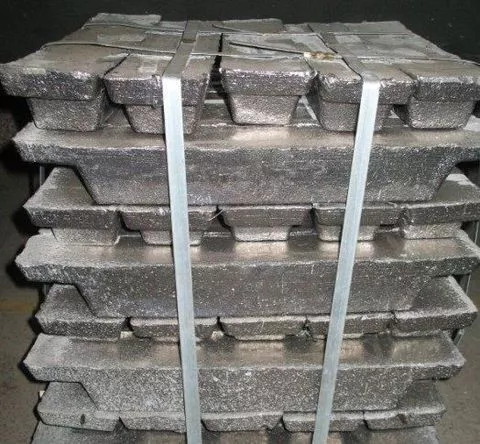
Key properties of lead:
High density (11.34 g/cm³)
Corrosion resistance
Malleability and low melting point
Excellent radiation shielding capabilities
Types of Lead Scrap and Lead Ingots
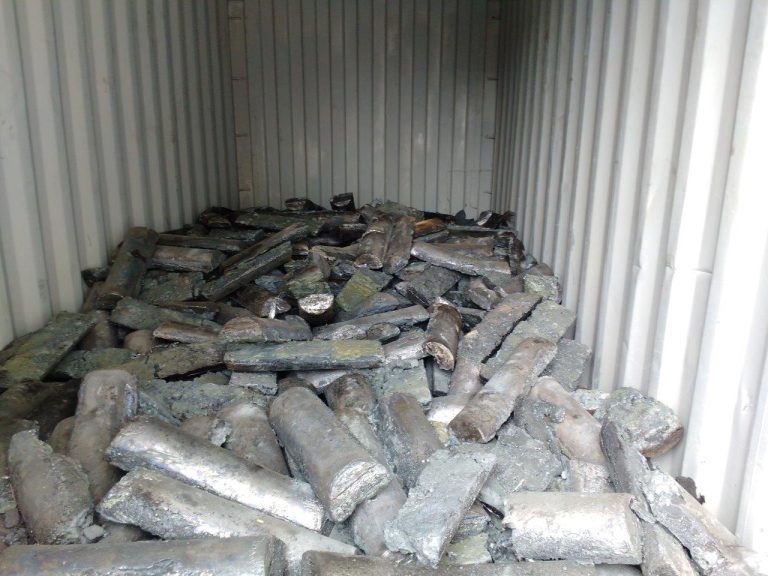
In the Venezuelan and Latin American markets, the most common types are:
1. Soft Lead
High purity, ideal for manufacturing new products.
Used in counterweights, plumbing, and protective shielding.
2. Hardened (Alloyed) Lead
Contains antimony or other metals for increased strength.
Common in automotive and marine industries.
3. Lead-Acid Battery Scrap
The primary source of recycled lead.
Requires special treatment due to sulfuric acid content.
4. Refined Lead Ingots
The final product of lead scrap recycling or smelting.
Easier to store, transport, and sell to industrial buyers.
Lead Prices in Venezuela
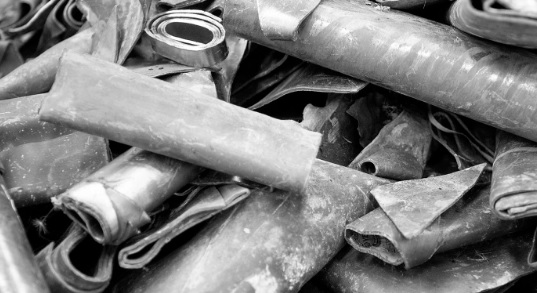
Lead prices depend on:
Material purity
Form (scrap or ingot)
Industrial demand
International lead market trends
Transportation and processing costs
Lead Recycling Process
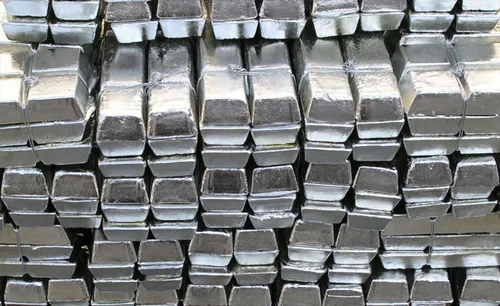
Lead recycling requires strict safety measures due to its toxicity. The process includes:
Collection: From workshops, industries, batteries, and construction sites.
Sorting: Separation by purity and alloy type.
Smelting: In specialized furnaces at around 327 °C.
Refining: Removing impurities and adjusting alloy composition.
Casting: Shaping into ingots for storage and sale.
Benefits of Recycling Lead
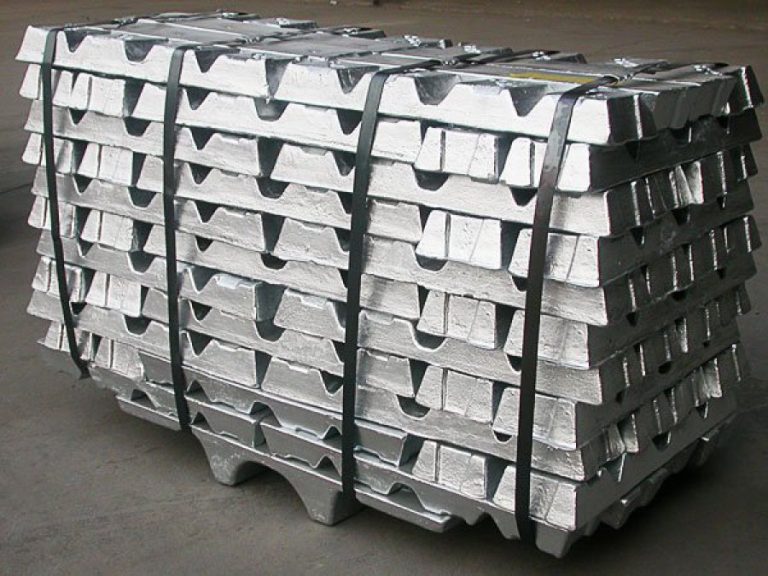
Profitability: Constant demand across multiple industries.
Sustainability: Reduces mining and environmental damage.
Versatility: Used in batteries, construction, marine equipment, and radiation protection.
Where to Sell Lead Scrap and Ingots in Venezuela
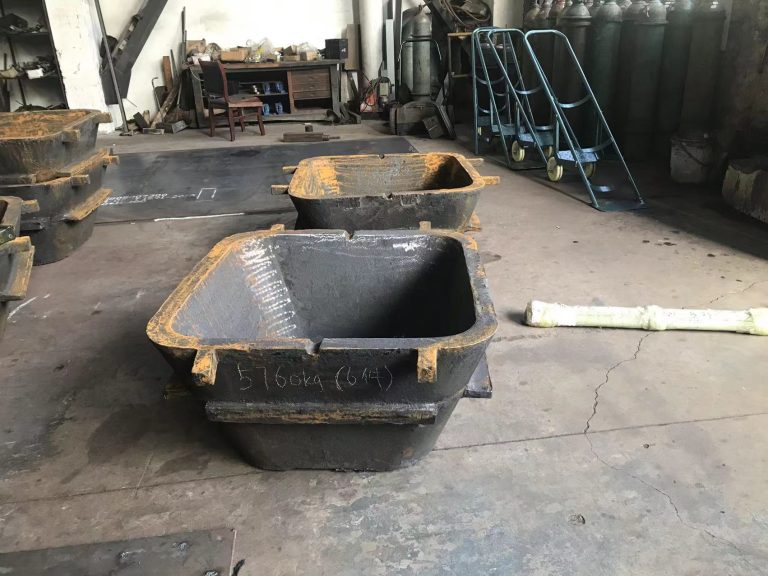
Key cities with active markets:
Caracas
Valencia
Maracaibo
Puerto Ordaz
Barquisimeto
Selling tips:
Comply with environmental and safety regulations.
Separate clean material from contaminated scrap to increase value.
Work with certified companies for export opportunities.
Safety and Regulations
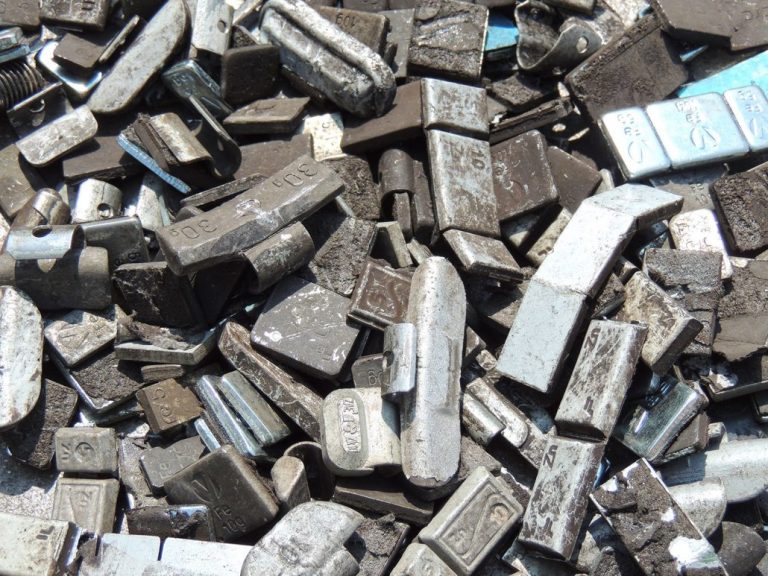
Lead is toxic and can harm health if handled improperly. It is important to:
Use gloves, masks, and protective clothing.
Store in well-ventilated areas.
Follow national and international regulations for transport and export.
Price list for lead scrap and lead ingots
| LISTA DE PRECIO | TONELADA ($) | KG ($)a |
|---|---|---|
| LATON CHATARRA | 6650 | 6,65 |
| RADIADORES DE LATON | 6450 | 6,45 |
| RADIADORES MIXTO | 5450 | 5,45 |
| ALUMINIO PERFIL 1 | 2150 | 2,15 |
| ALIMINIO INDUSTRIAL | 2150 | 2,15 |
| ALUMINIO LITOGRAFIA | 2150 | 2,15 |
| ALUMINIO MIXTO | 1650 | 1,65 |
| ALUMINIO MIXTO (SUCIO) | 1450 | 1,45 |
| ALUMINIO DURO | 1700 | 1,70 |
| ALUMINIO DURO (SUCIO) | 1500 | 1,50 |
| FOIL | 500 | 0,50 |
| ACERO CORTO | 800 | 0,80 |
| ACERO LARGO + 1Mts | 700 | 0,70 |
| CALAMINA | 1700 | 1,70 |
| POTE | 1750 | 1,75 |
| RAD. DE ALUMINIO | 1400 | 1,40 |
| PLOMO EN LINGOTES | 1450 | 1,45 |
| PLOMO CHATARRA | 1200 | 1.20 |
| BATERIA | 8300 | 8,30 |
| AIRES ACONDICIONADOS PEQUEÑO | 15 | |
| AIRES ACONDICIONADOS GRANDE | 20 | |
| MOTORES PEQUEÑOS | 4,00 | |
| MOTORES GRANDE | 6,00 | |
| COSTO DE GUIA S/PESO (MAT NO FERROSOS.) | $ 7/TN | |
| COSTO DE GUIA S/PESO (MAT ESPECIAL EMBO. NO.) | $ 8/TN | |
| HIERRO (PUESTO LA GUAIRA) | 210 | 2,10 |
| HIERRO (PUESTO PUERTO CABELLO) | 210 | 2,10 |
| HIERRO CAGUA | 175 | 1,75 |
Frequently Asked Questions about Lead scrap and lead ingots
What is lead scrap?
It is recyclable lead obtained from used batteries, old pipes, shielding sheets, and industrial parts that no longer serve their original purpose.
How much does a kilo of lead cost in Venezuela?
Prices range from for scrap and for ingots, depending on purity and market demand.
What is the difference between soft lead and alloyed lead?
Soft lead is purer and more malleable; alloyed lead contains metals such as antimony for greater hardness and durability.
Where can I sell lead scrap in Venezuela?
At scrapyards and recycling centers in cities like Caracas, Valencia, Maracaibo, Barquisimeto, and Puerto Ordaz.
Can I export lead ingots from Venezuela?
Yes, but it requires legal permits, certifications, and compliance with environmental regulations.
What are the main sources of lead scrap?
Lead-acid batteries, pipes, counterweights, shielding sheets, and industrial waste.
Which industries buy recycled lead?
Battery manufacturers, construction companies, marine industries, and radiation shielding businesses.
Is it dangerous to handle lead?
Yes, its toxicity can harm health; gloves, masks, and working in ventilated areas are recommended.
Why is lead recycling profitable?
It has high industrial demand, can be recycled indefinitely, and maintains stable market prices.
What do I need to start a lead trading business?
Initial capital, storage space, certified scales, supplier contacts, and commercial licenses.
Conclusion in Lead Scrap and Lead Ingots in Venezuela
Lead scrap and lead ingots in Venezuela offer a profitable and high-demand business opportunity, as long as they are managed safely and responsibly. With a stable market and diverse industrial applications, recycled lead is a key resource for the circular economy.
